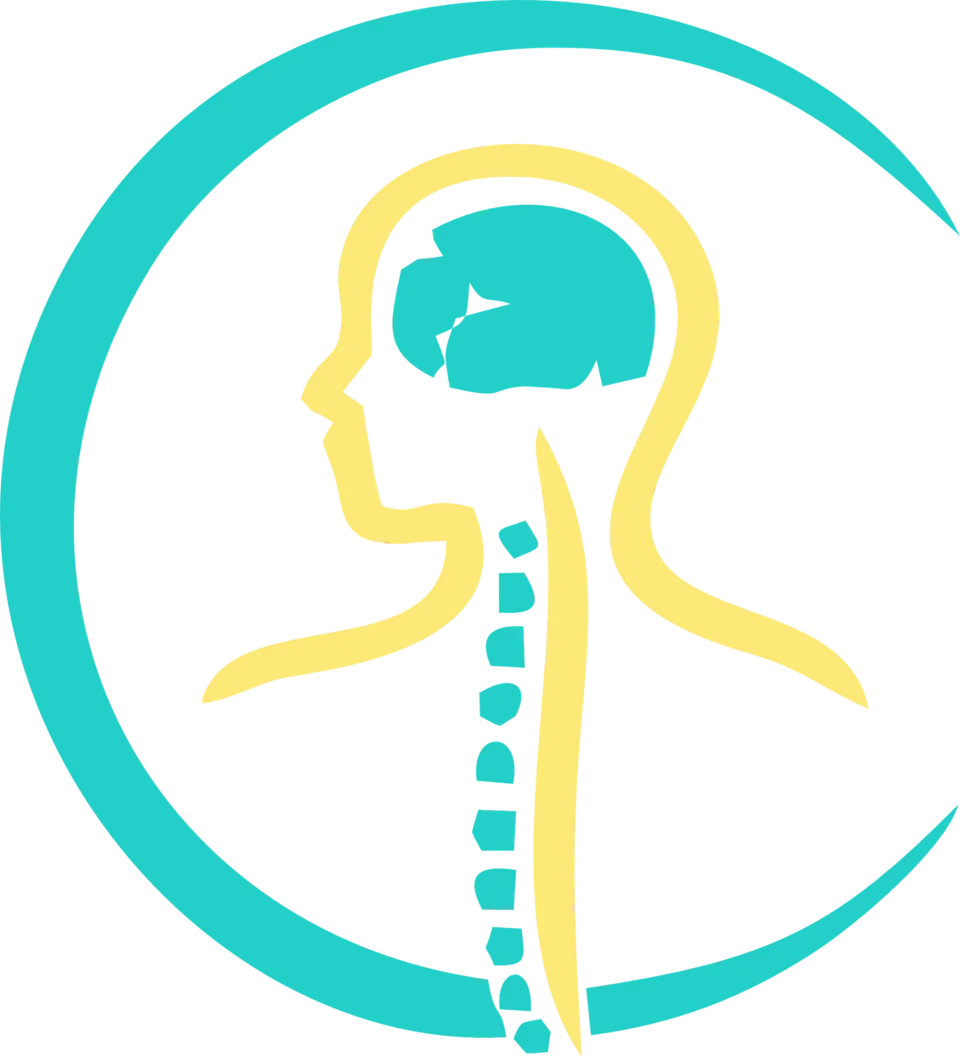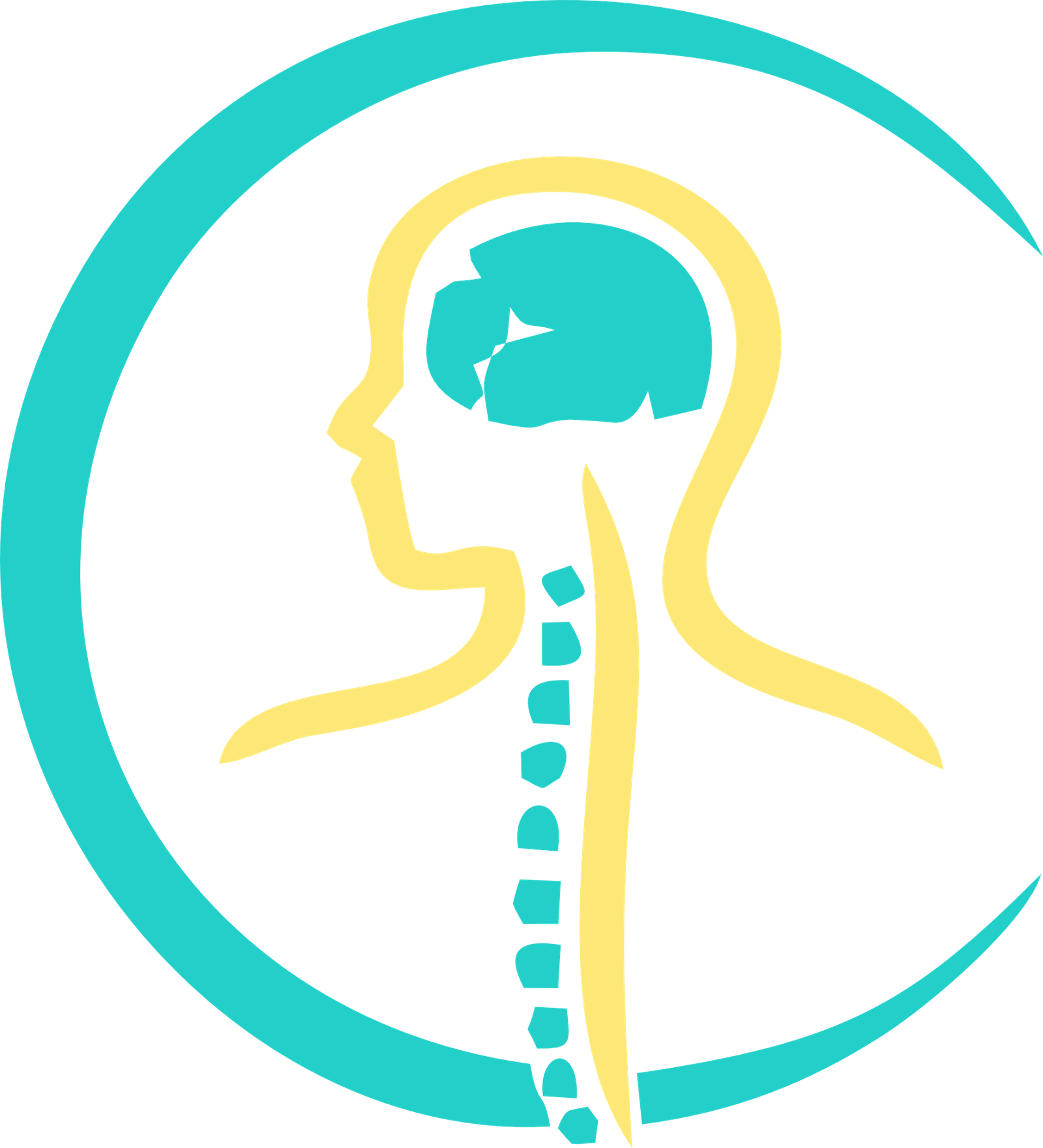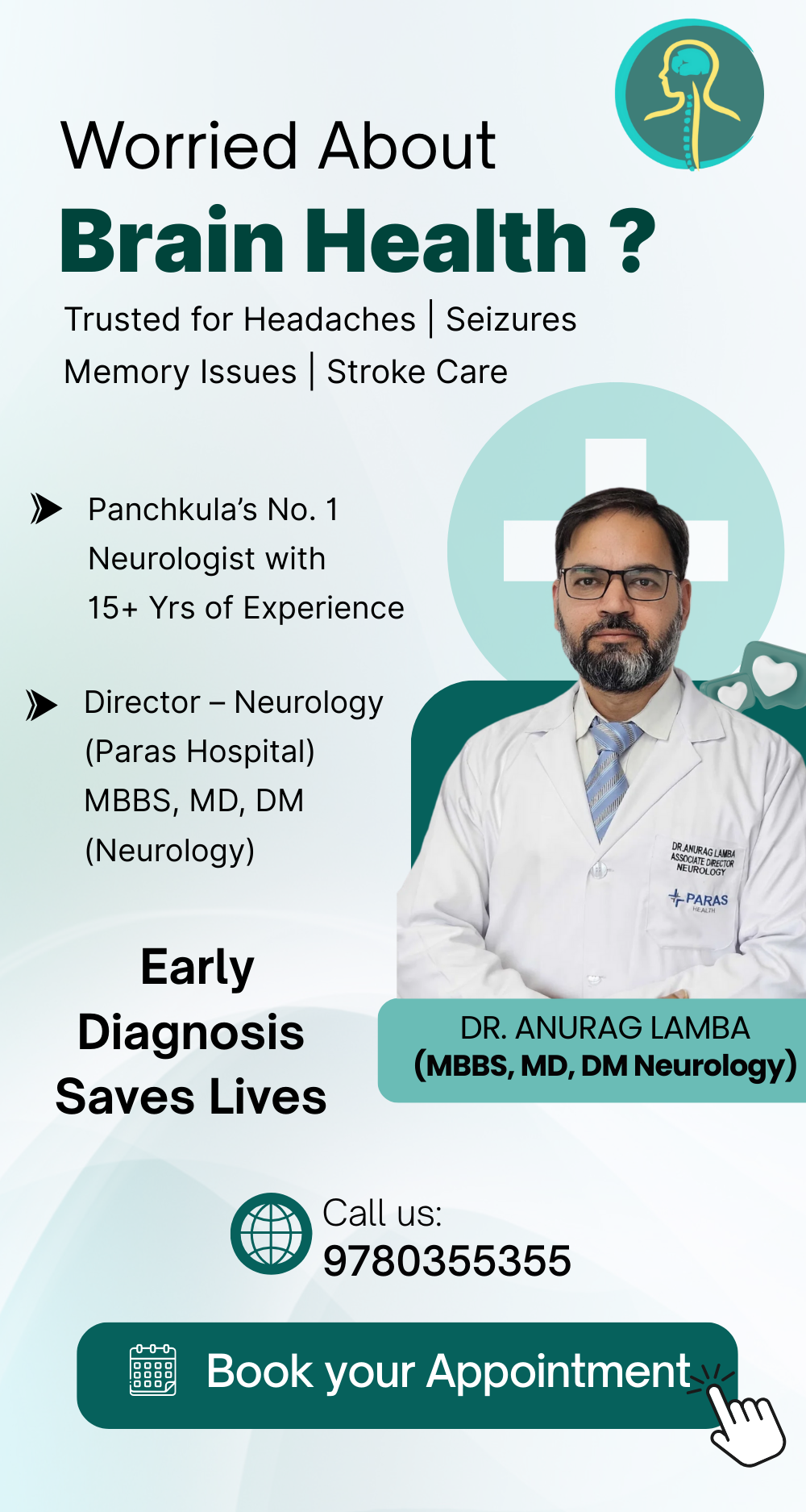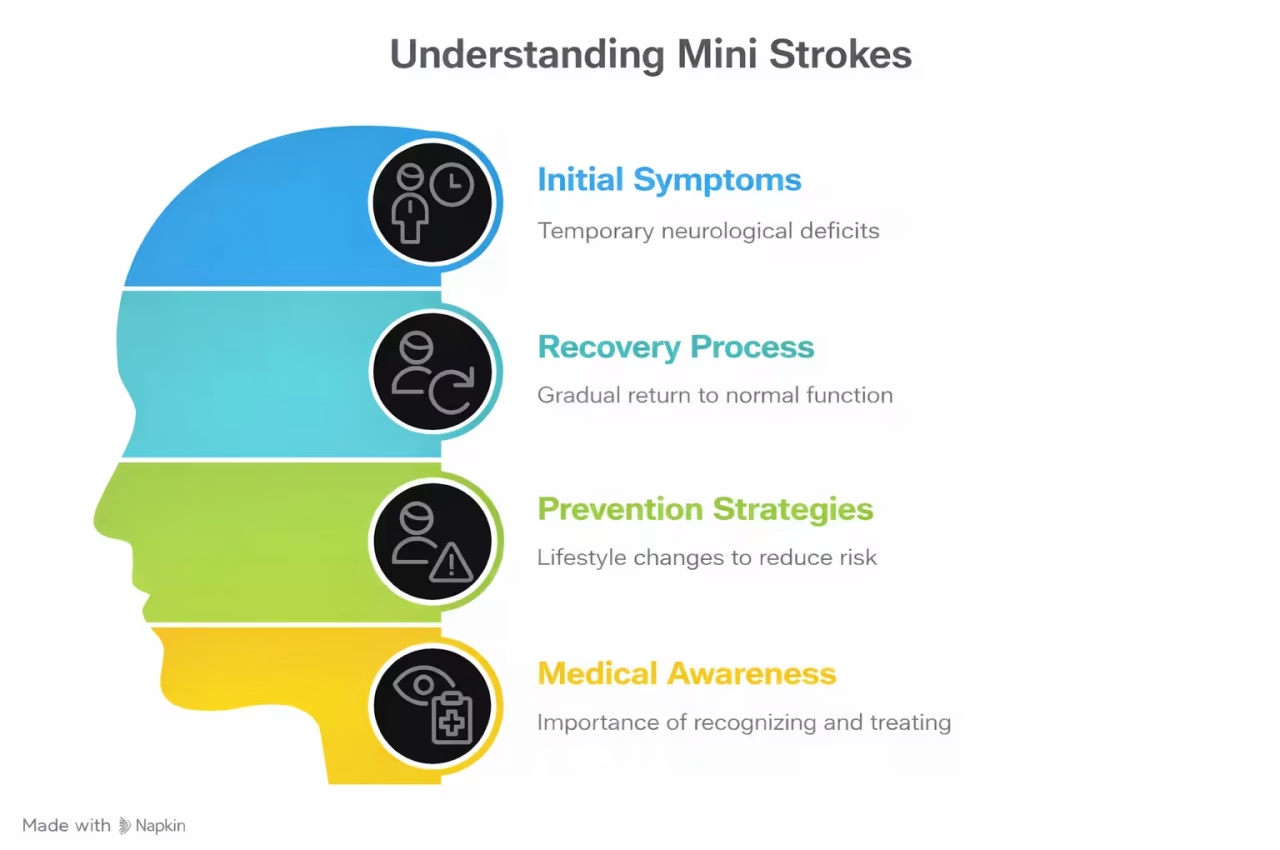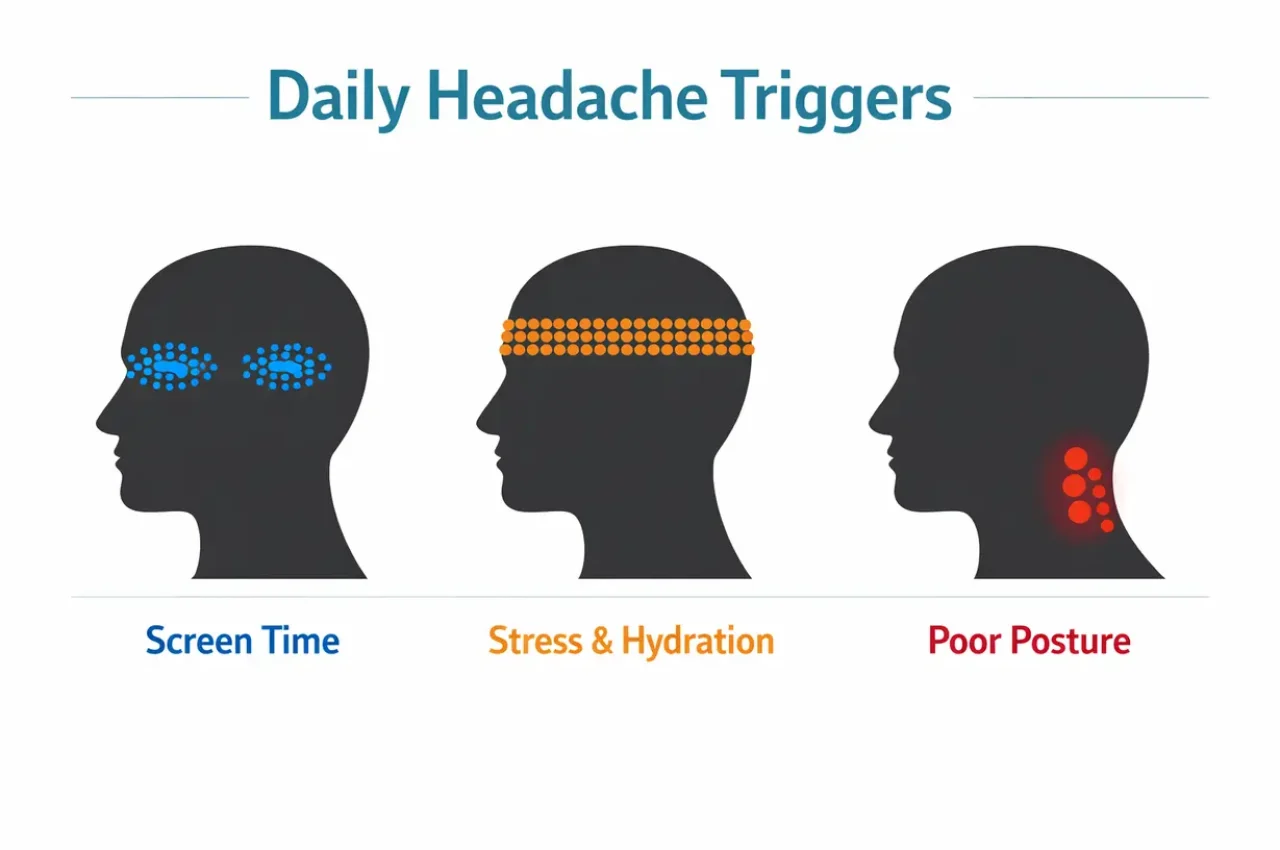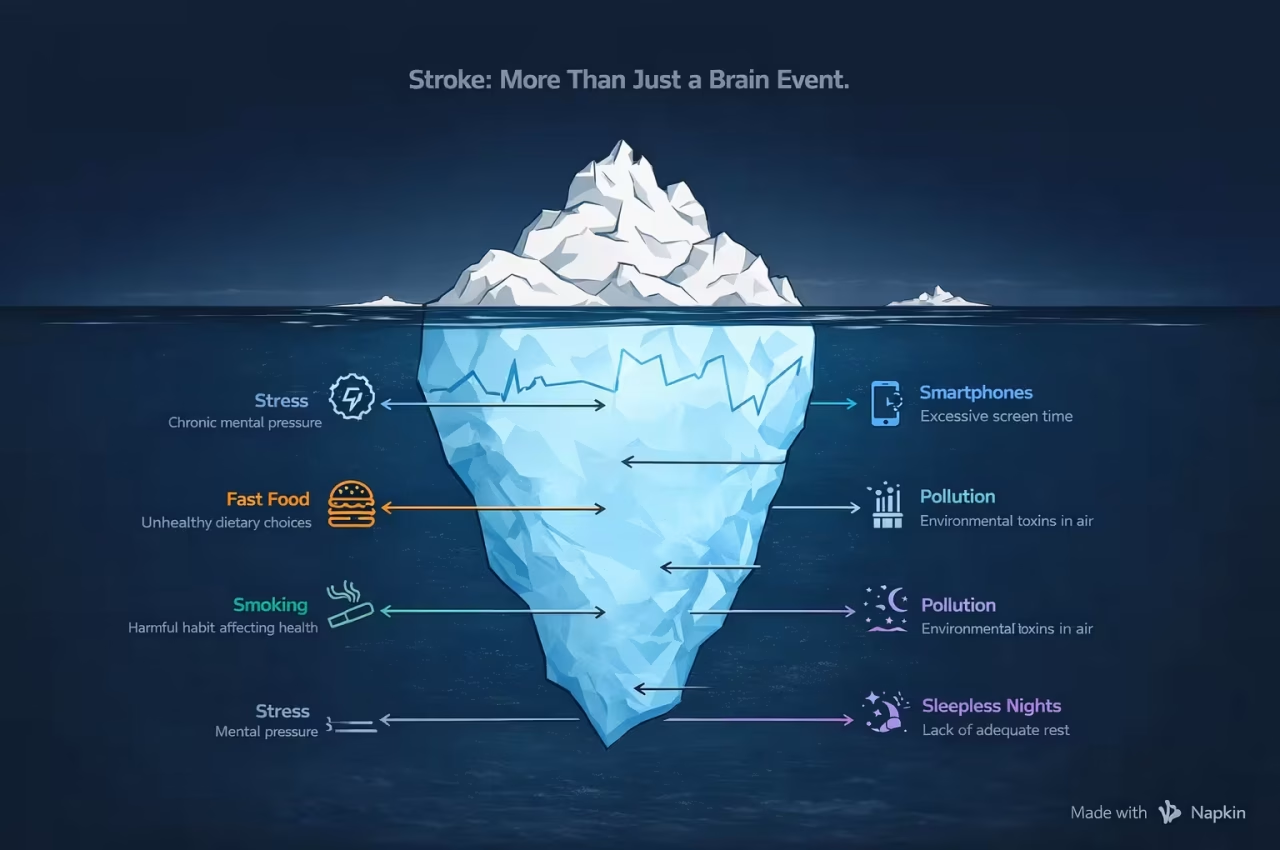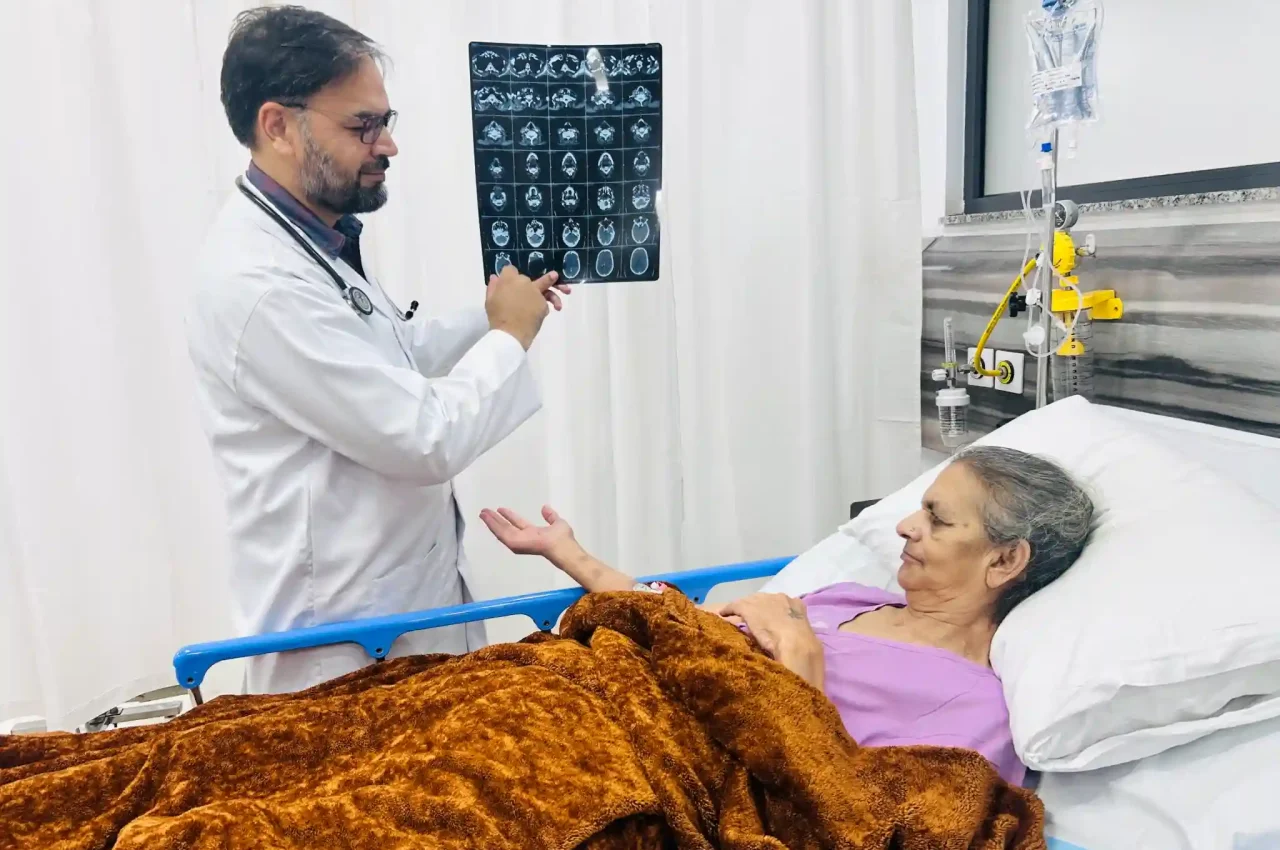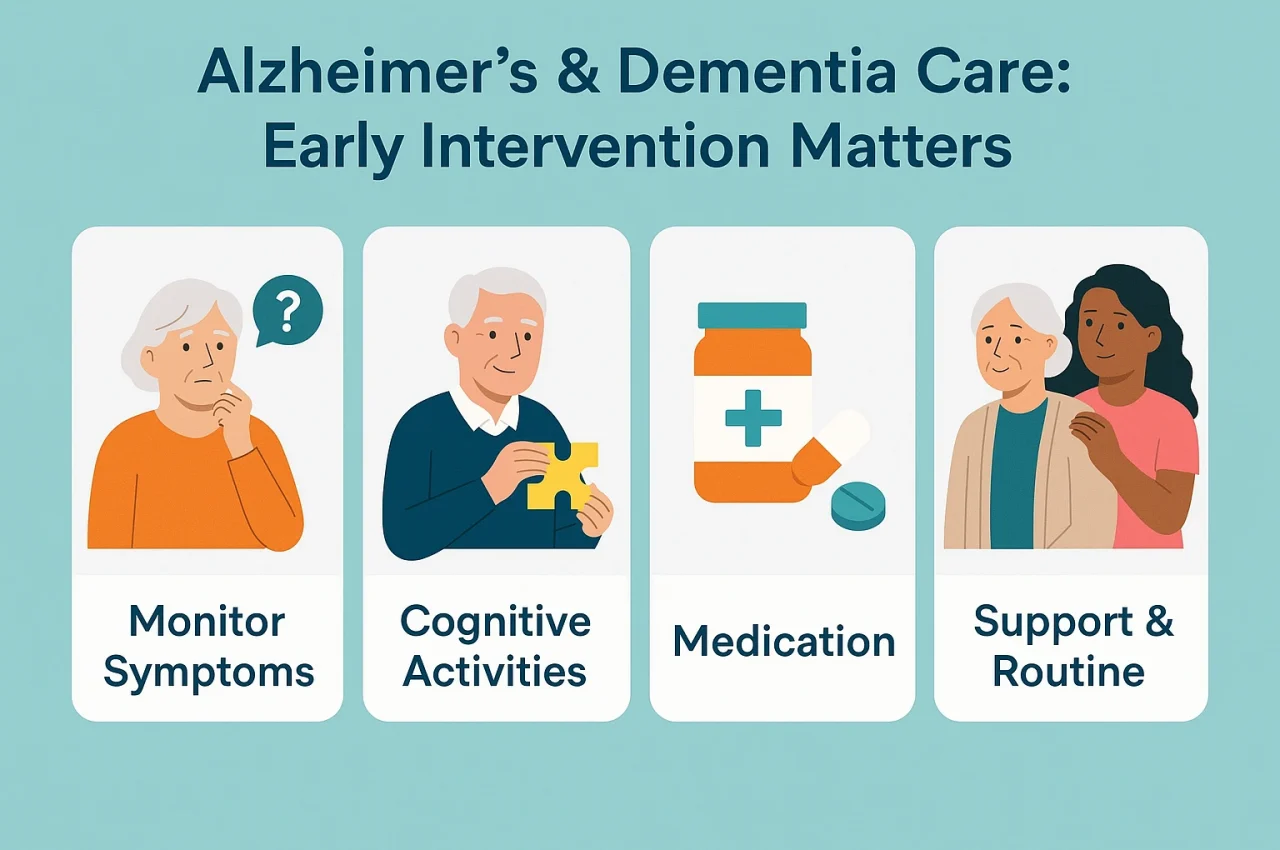Rajesh, a 41-year-old businessman from Panchkula, had been having frequent headaches for months. Nothing extreme. No fainting, no memory loss—just a dull, persistent ache on one side. “I thought it was stress,” he said. “Deadlines, late nights, constant phone calls. Isn’t that why everyone gets headaches these days?”
But this time, something felt different. The pain would wake him at 3 a.m. He started seeing blurred shapes when working on his laptop. Then one morning, he fumbled his car keys—twice. That’s when his wife insisted they visit a neurologist.
Not All Headaches Are Harmless – Dr. Anurag Lamba Explains
Headaches are one of the most common reasons patients visit neurologists in Panchkula. But sometimes they’re not “just headaches”. They’re the only warning sign your brain gives you before something serious develops.
According to research from NIH, about 30% of brain tumor cases initially present with headache symptoms. The challenge is, these headaches often mimic stress or migraine headaches, delaying early diagnosis.
Dr. Anurag Lamba, Panchkula’s leading neurologist, shares: “Our brain doesn’t have pain receptors. The pain you feel is often pressure on surrounding nerves, inflammation, or swelling—often due to a tumor or infection. If that pressure builds silently, you could lose critical time.”
What Rajesh’s MRI Revealed at Neuro Clinic
When Rajesh came in, his symptoms—early morning headache, blurred vision, subtle clumsiness—were red flags. Dr. Anurag ordered a brain MRI the same day. The scan revealed a low-grade glioma—a slow-growing brain tumor pressing against his optic pathway and motor cortex.
“It was a shock,” said Rajesh. “I never imagined a tumor was growing in my brain while I was attending Zoom meetings and going for jogs.”
Signs Your Headache Could Be Hiding Something Bigger
These are the red flag symptoms that require urgent neurological evaluation:
- Headaches that wake you up at night
- Blurred or double vision
- Frequent forgetfulness or confusion
- Changes in speech or balance
- Sudden weakness on one side of the body
- Seizures or twitching limbs
These signs are especially important if you’re over 35 and experiencing new or worsening headaches. Don’t rely on Google or paracetamol—get evaluated by a neurologist.
How Brain Tumors Are Diagnosed in Panchkula
Step-by-step diagnosis at Dr. Anurag’s clinic:
- Detailed history-taking: frequency, timing, triggers
- Neurological exam: reflexes, strength, coordination
- MRI scan with contrast: to identify tumor size and type
- Referral to neurosurgeon (if needed)
- Biopsy and staging (if tumor is operable)
Read more about brain tumor signs and treatment in Panchkula.
“Tumor” Doesn’t Always Mean Cancer—But It Does Mean Action
Not all brain tumors are malignant. In fact, many are benign and slow-growing. But even a benign tumor can be life-threatening based on where it grows.
Imagine a growing traffic jam in your brain. Even if the vehicle isn’t harmful, it can block critical highways (your brain signals), and cause everything from vision loss to paralysis.
What Saved Rajesh Wasn’t Medicine—It Was Timing
Dr. Anurag’s team acted quickly. The tumor was localized and low-grade. A neurosurgeon removed it successfully, and Rajesh is now under regular follow-up with no neurological deficits.
“If we had waited even 2–3 months more, the tumor could have become inoperable or started affecting deeper areas,” Dr. Anurag said.
Rajesh now urges his friends: “Don’t ignore headaches. Especially if they feel off. That small decision to see a neurologist changed my life.”
When in Doubt, Get It Checked Out
We often push through our symptoms—pop a pill, drink water, take a nap. But your body speaks in whispers before it screams. If a headache feels unusual, persistent, or different than usual—don’t brush it off.
- Did your headache start suddenly?
- Are you feeling more tired, foggy, or off-balance?
- Are painkillers becoming a daily need?
If yes, book an evaluation. One scan can give you peace of mind—or catch something critical in time.
What Dr. Anurag Recommends for Panchkula Residents
Living in a fast-moving city like Panchkula, where jobs are digital, and stress is high, we often normalize symptoms like fatigue and headaches. But your brain deserves more attention. Early diagnosis = safer recovery.
Don’t delay. If you’re worried about your headache—or your loved one’s—book a neurologist consultation today.
Disclaimer: This article is for educational purposes only. Please consult a qualified neurologist for diagnosis and treatment options.
External Medical Links:
